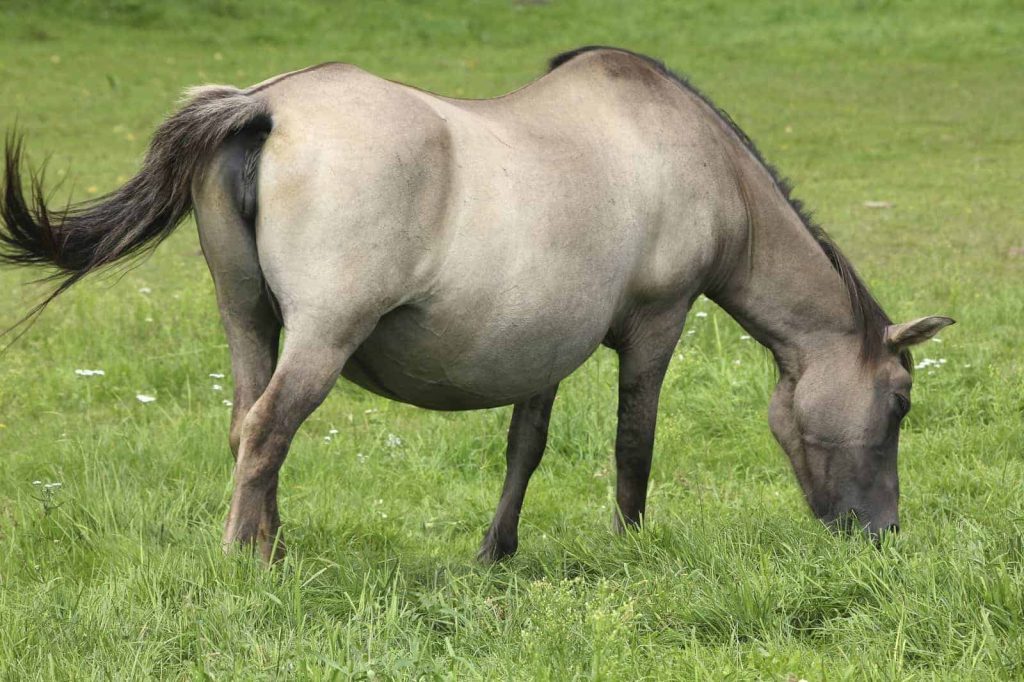
Before Your Mare Foals
The final 100 days of gestation bring their own unique developments, changes, and challenges. Get tips to help your mare’s third trimester run smoothly.

The final 100 days of gestation bring their own unique developments, changes, and challenges. Get tips to help your mare’s third trimester run smoothly.

Learn about 5 complications veterinarians might encounter toward the end of a mare’s gestation.

With proper care, mares with high-risk pregnancies can deliver healthy foals safely.

The American Association of Equine Practitioners has published new nocardioform placentitis guidelines to help veterinarians help protect their clients’ broodmares and unborn foals.

Techniques that allow researchers to understand the underlying mechanisms of disease include genetic analyses, RNA sequencing, and advanced proteomics and lipidomics.

Dr. Barry Ball describes what he learned as the University of Kentucky’s Clay Endowed Chair in Equine Reproduction and over his 35 cumulative years of research.

Learn from Dr. Jennifer Janes, part of the University of Kentucky’s CSI team for horse diseases, conditions, and poisonings.

Researcher: The findings might indicate SAA1 as a novel and specific biomarker for placentitis in broodmares.

Serious complications are uncommon in equine pregnancies, but when they occur the consequences can be devastating. Here are 6 high-risk scenarios to watch for.

Strep zoo are responsible for a variety of diseases and issues in horses, including pneumonia, abortions, and upper respiratory, wound, testicular, and neonatal infections.

Research topics include nocardioform placentitis, bisphosphonates, exertional rhabdomyolysis, stem cells, equine asthma, and more.

The broad-spectrum antibiotic might be a safe and viable option for treating infections, including placentitis, in late-term mares.

Researchers investigated tackling placentitis on three fronts using a combination of firocoxib, trimethoprim sulfamethoxazole, and altrenogest (a progestin used to suppress estrus).

Dr. Regina Turner shares the results of studies on antimicrobial options for metritis, treating blocked oviducts, estrus lengths and pregnancy rates, colic surgery in broodmares, and more.

The first step toward preventing pregnancy loss in horses is understanding why it happens in the first place.

Equine abortion remains a common issue, and both infectious and noninfectious causes are frequently responsible.
Stay on top of the most recent Horse Health news with
"*" indicates required fields